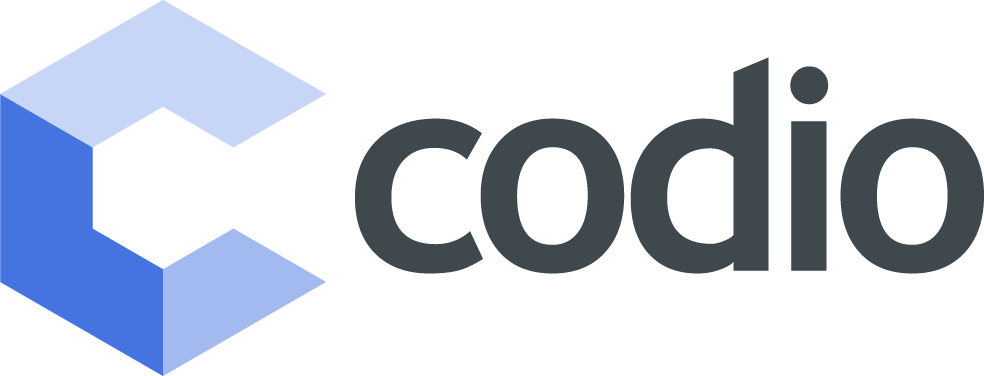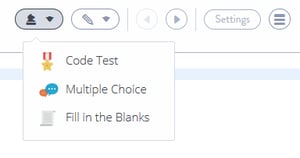Pre-hire skills assessments are an increasingly popular recruitment tool for evaluating candidates for technical positions. In part one of this blog series, How Technical Skills Assessments Improve the Hiring Process, we discussed what skills assessments are and how they’re beneficial during the hiring process for technical positions of all levels. Now in this section, we’ll explore how introducing technical assessments into your recruiting process can help you hire top-tier talent while saving time and money.
Shorten Time-to-Hire
Any given job you post might get hundreds of applications. What’s the best way to start filtering through resumes while ensuring you recognize the most qualified applicants? Try offering a technical skills assessment at the very first stage of the hiring process. Immediately, you’ll be able to identify candidates who have the necessary skills to perform well in the position. Cross-referencing the assessment results with resumes can give you a good idea of which candidates to push forward to the interview stage.
Alternatively, as you close in on a few final candidates, you might choose to offer a longer-form assessment or project. By asking candidates to apply their problem-solving skills to the job’s real-life context, you might get the insight you need to differentiate talented candidates. This way, you save time instead of running additional interviews while also making an informed decision on a quality hire.
The Cost of a Bad Hire
Sometimes making a poor hiring decision happens. Over 74% of employers admit that they’ve hired a candidate that didn’t end up working out [1]. Unfortunately, bad hires can waste a lot of company resources. This might include the time and expenses of onboarding, the number of hours spent reviewing resumes and interviewing candidates again, loss of productivity, and more. Ultimately, the US Department of Labor estimates that a poor hiring decision can end up costing a company 30% of the employee's first-year expected earnings [1].
Fortunately, you can reduce the probability of hiring an unfit candidate by 60% when you use pre-hire skills assessments [2]. Pairing interviews that evaluate soft-skills with technical skills assessments can lead to hiring more qualified and productive employees. In fact, in the first 12 months, hiring managers are 36% more likely to be satisfied with the performance of new hires who took pre-hire skills assessments than those who did not take a pre-hire skills assessment during the interview process [3].
Save Onboarding Costs in the Long Run
Recruiting, hiring, and onboarding employees can be pricey, close to $4,000 [4], and on average, 1 in 4 new hires leave organizations within a year [5]. That’s why it’s important to hire strong candidates who will be engaged with their work. Pre-hire assessments help employees understand who is the most qualified for the position and also give candidates an understanding of the daily tasks required of them. After all, job placement should be mutually beneficial to companies and candidates. Employees who take skills assessments during the hiring process self-report being highly engaged with their job more often than other employees [3].
Assessment Utility
You might understand how valuable skills assessments can be, but how do you state your case to stakeholders outside your hiring team? Present assessment utility projections. Assessment utility refers to the business benefits that can be found after implementing pre-hire assessments. According to the Society of Human Resource Management [5], assessment utility can be identified in two ways—selection success gains and business outcomes gains.
Selection success gains are evaluated after the implementation of pre-hire skills assessments. You can identify the metric by comparing the performance and success of employees who completed skills assessments during the hiring process with those who did not [5]. The more successful these employees are, the higher the selection success gains.
Second is business outcomes gains, or the revenue and margin gains from hiring high-performing candidates compared to the assessments’ cost [5]. This particular gain is complex to formulate because, in addition to comparison on revenue and costs, it must consider factors such as how accurately the assessment predicts performance and the number of applicants and tenure of the selected group.
The final piece to the puzzle is evaluating assessment types that work best for you and your business. The last blog in this series will detail how to create the perfect assessment to meet your needs. Be sure to keep an eye out for it!
References
[1] Northwestern University. (2019, February). The cost of a bad hire: Human resources.
[2] Evalground. (2020, September). Online assessment: Understanding it for a better hire.
[3] Lahey, Z. (2015). Pre-Hire Assessments: An Asset for HR in the Age of the Candidate. Aberdeen Group.
[4] Peterson, A. (2020, February 27). The hidden costs of Onboarding a new employee (& how to avoid them). Glassdoor.
[5] Pulakos, E., & Kantrowitz, T. (2017, January) Choosing Effective Talent Assessments to Strengthen Your Organization. Society of Human Resources Management.





